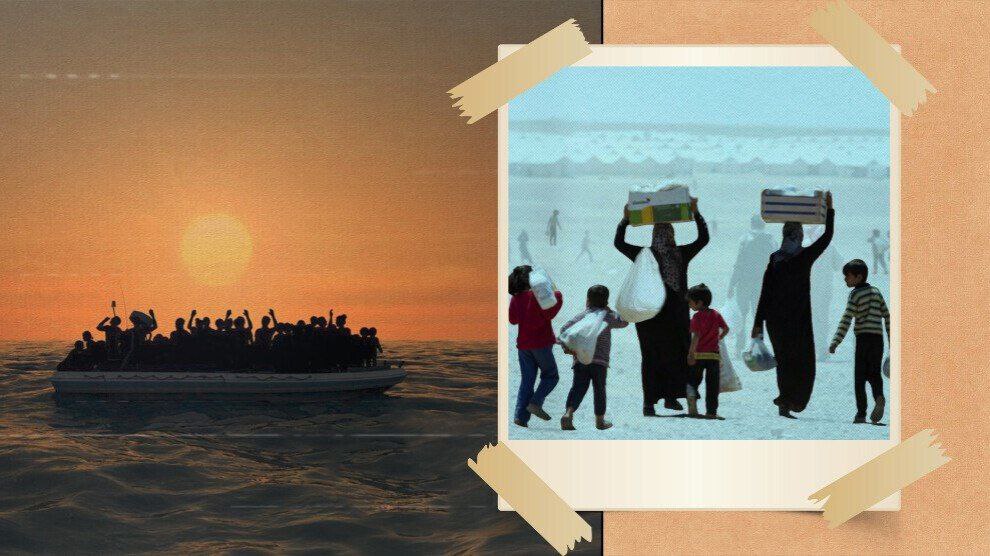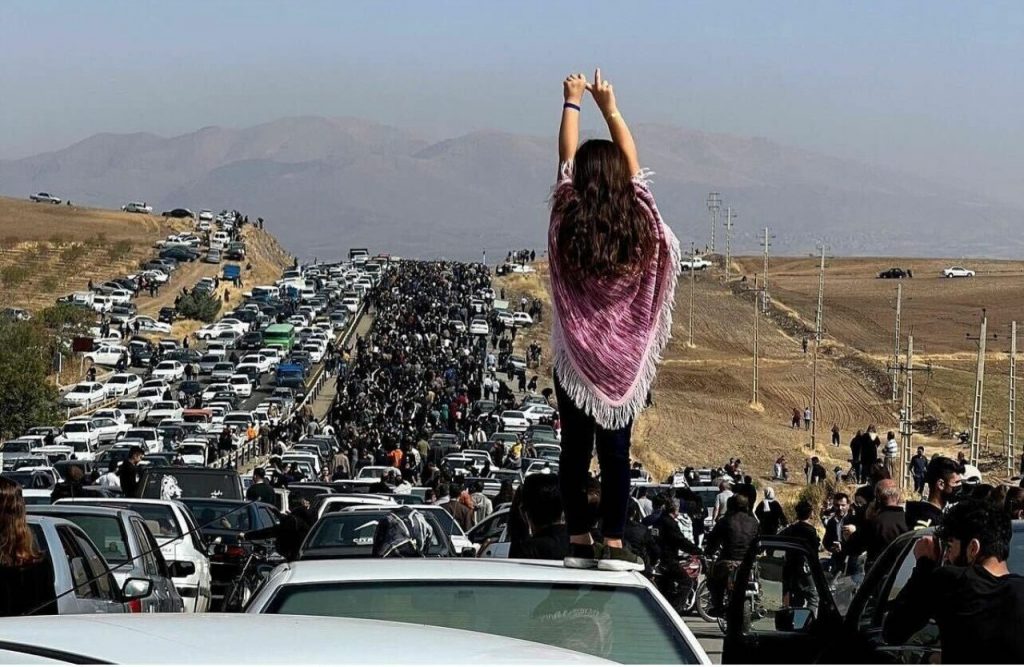
As World Refugee Day approaches, we are once again witnessing the tragedy of refugee drownings in the Mediterranean Sea. On Monday, Italian Coast Guard officials and United Nations agencies announced that two boats filled with refugees had sunk in separate incidents, with fears that 66 passengers, including 26 children, may have perished. The passengers were refugees from Iran, Syria, and Kurdistan. Such tragedies seem endless. According to United Nations data, since 2014, more than 23,500 migrants have lost their lives or gone missing in these waters.
Thursday, June 20, marks World Refugee Day, according to the United Nations calendar. This day was established to honor the courage and resolve of men and women who are forced to leave their homelands due to the threat of persecution, imprisonment, torture, death, or the dangers of war. Refugees, who are often educated, skilled, and trained in their home countries, have produced immense wealth for capitalists, especially in developed capitalist countries. They have played a significant role in transferring experiences, skills, rejuvenating populations, and training new workers. In today’s world, where capitalism has penetrated every corner, are refugees and asylum seekers treated in a manner befitting their human dignity? Let’s look at the West:
During periods of economic boom, American and Western European capitalists and governments welcomed refugees who had been displaced from countries plundered or destroyed by their own actions. However, today, as capitalism grapples with a structural crisis, governments have erected numerous barriers to prevent waves of refugees, only allowing the most skilled individuals to enter. In countries like the United States and Australia, which were essentially built by refugees and immigrants, right-wing forces have gained prominence by portraying refugees as enemies.
Governments and employers in not only developed capitalist countries but also elsewhere have dehumanized refugees. In Palestine, the Israeli government daily claims the lives of those fleeing war and genocide. In the Islamic Republic of Iran, the treatment of Afghan refugees by employers and the government is so painful that it would make any decent person shudder. According to some official sources, 5 million Afghan refugees and migrants live and work in Iran. During the Iran-Iraq war, the Islamic Republic sent many Hazaras to the front lines, leading to their deaths. After the war, the Revolutionary Guards lured young Afghan men with promises of asylum, work, and income, only to send them to Syria’s killing fields under the banner of the “Fatemiyoun Division,” making them victims of the Islamic Republic’s foolish policies in Syria. Hostile policies by government officials, licensed media, nationalists, and employers against Afghan refugees have always been prevalent, though the form and intensity have varied over time.
Afghan laborers are among the cheapest labor force in Iran. They have always been pursued, deprived, and humiliated to ensure their subservience. Deprivation of insurance and various social services, prohibition from residing in many provinces, public displays of them in cages, and violent deportations upon arrest are just a few of the hardships inflicted on Afghans. Now, with the rise of anti-immigrant sentiment strengthening right-wing and far-right parties in Western Europe, the Islamic Republic has also adopted their policies. For instance, Ghalibaf, a candidate for the fourteenth presidential election, has made anti-Afghan sentiment a cornerstone of his campaign. According to one expert, Ghalibaf’s plan can be summarized in two words: deportation and wall. This stance reflects the spirit of the times, where, after decades of neoliberal economic reforms and governance, impoverishing workers, cutting public and welfare services budgets, and scapegoating societal problems onto the “other,” far-right movements have gained power globally.
Despite the brutal behavior of the government, employers, and nationalistic zealots, some workers and humanitarians in Iran have supported Afghan refugees. These acts of solidarity must be expanded and continued.

